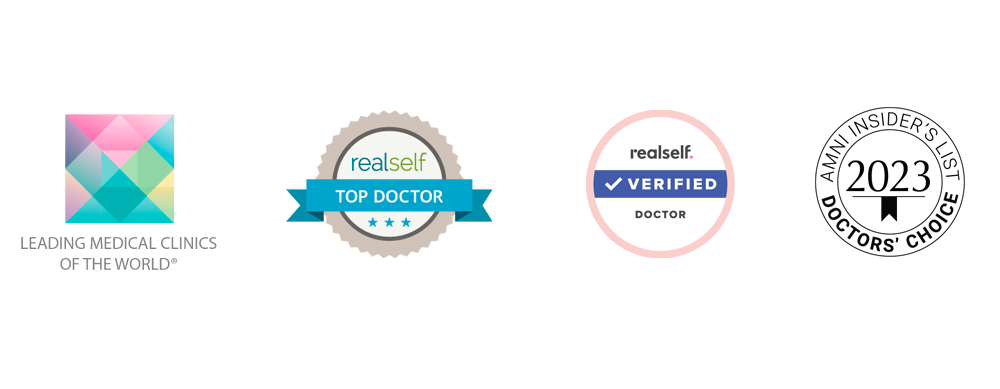Dr. Mitchell Brown, Toronto Plastic Surgery
Recently, there has been a surge in media attention regarding implantable medical devices. Coverage has focussed on regulatory agencies, the process for device approval, device safety as well as the importance of collecting accurate post-approval data on adverse events and outcomes. Many devices were discussed including pacemakers, hip and knee implants, cardiac stents, pelvic meshes as well as breast implants. One area of discussion has centered around breast implants and a possible link to a type of lymphoma called ALCL.
A great deal of research has been published regarding breast implants and cancer. We can say quite conclusively that breast implants do not cause breast cancer. For the past several years there have been published cases of women diagnosed with a rare type of lymphoma in the fluid or tissue surrounding a breast implant. This entity has been named BIA-ALCL (Breast Implant Associated Anaplastic Large Cell Lymphoma). ALCL itself is a cancer of the immune system and more commonly occurs in people who have never undergone breast implant surgery. Estimated rates of ALCL is approximately 1 in 10,000 people in the general population.
At present, there are approximately 600 cases of BIA-ALCL reported worldwide and it is estimated that more than 10 million women have undergone breast implant surgery. To date, all cases of BIA-ALCL have been in association with breast implants that have a textured surface. The current lifetime risk with a textured implant is estimated to be 1:3800 – 1:30000. There is no risk of developing BIA-ALCL with smooth surfaced implants. It is important to know that all implants used at Toronto Plastic Surgery are fully approved by Health Canada as well as the FDA in the United States.
In the majority of reported cases, the initial presenting symptom is a distinct swelling of the affected breast. You would notice this as a substantial size change on the affected side. The breast might feel tense and firm. Usually the swelling comes on fairly rapidly, over several days or weeks, not over months or years. Typically, this occurs on one side only, but in exceptional cases, it can occur in both breasts.
If a person with breast implants notices any of these changes or symptoms, the appropriate action is to contact their surgeon for a follow-up visit. There are some very simple investigations that can be done to determine whether or not a person has BIA- ALCL. When detected early, it is very treatable.
It is important for you to know that I have been involved with the use of breast implants for over thirty years. I have followed our patients carefully and have published our experience on the safe use of breast implants and breast implant outcomes. I attend medical conferences regularly and often participate as an educator at these events. I want you to know that I stay up to date on the latest literature surrounding breast implants and breast implant safety.
In addition, it has always been my practice to encourage patients with any breast implant to return for regular follow up at least every 2-3 years. This is important so that I may inform you about new information or changes regarding breast implant technology and safety. Occasional assessment is recommended.
As new information becomes available regarding BIA-ALCL and breast implant safety, I will do my best to keep you informed. If you have any questions regarding breast implant surgery at Toronto Plastic Surgery, please feel free to contact us directly.
















